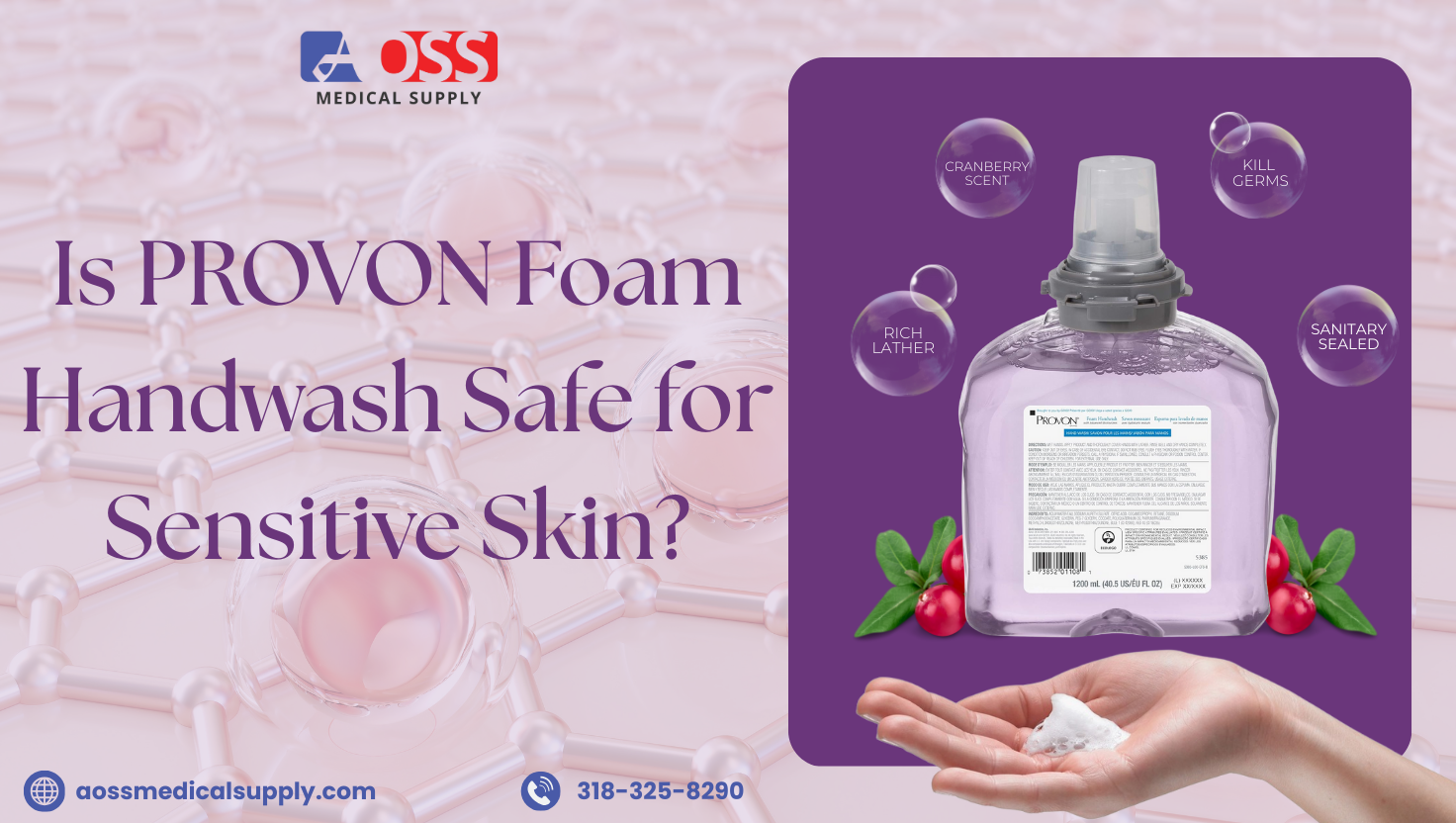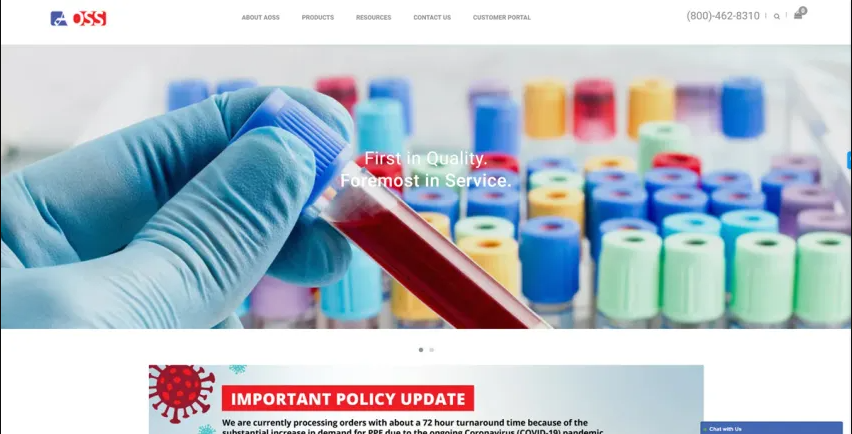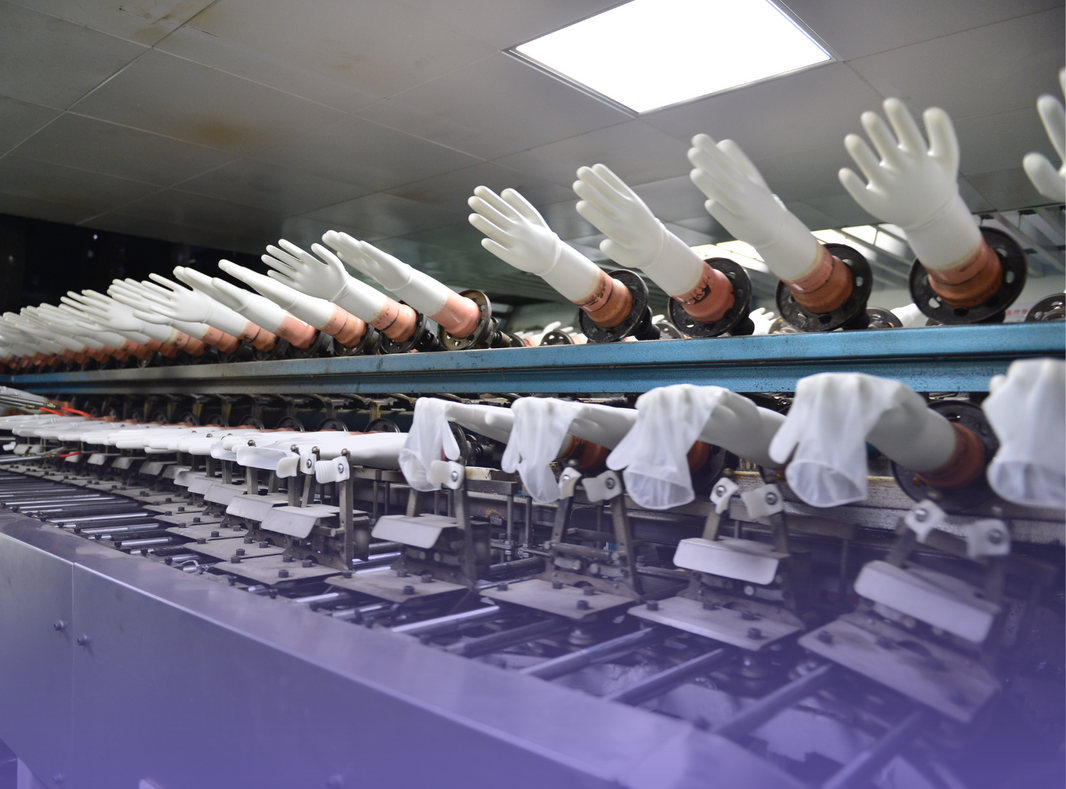If you’ve got sensitive skin, you know the struggle—constant washing leaves hands dry and cracked. Most soaps feel harsh, especially in healthcare settings. So when I came across PROVON Foam Handwash with Advanced Moisturizer, I was skeptical. Foam soaps are hit or miss. Some feel nice at first, but after a few days, your skin’s back to being angry. However, PROVON Foam Handwash exceeded my expectations. It is actually kind of a game-changer.
What Makes a Handwash “Safe” for Sensitive Skin Anyway?

If your skin is sensitive, skip the sulfates, alcohol, and heavy fragrances. Instead, reach for gentle, moisturizing formulas like PROVON Foam Handwash—lightweight, non-greasy, and never tight after rinsing. Hand hygiene is still a must. The American Academy of Dermatology (2020) reminds us to wash often, use sanitizers when needed, and follow with moisturizer. WHO even suggests ditching reusable towels for safer, single-use tissues..
Check the Sanitizers collection for more information.
So What’s Inside PROVON Foam Handwash?
The foam is feather-light, gliding over skin with zero resistance—soft, smooth, and touched with a hint of herbal fragrance. And if it’s gentle enough for hospitals, nursing homes, and busy clinics where hands are washed all day, it’s more than ready to sit quietly by your own bathroom sink.
Who’s Actually Using This Stuff?

In hospitals, particularly those that buy surgical instruments and clinical laboratory products. Nurses recommend it, parents use it for their children's eczema, and even caregivers who cannot avoid constantly washing their hands say this helps to keep them from drying out.
If you handle safety needles and syringes all day long, or work with medical diagnostic tools, you wash your hands more than most people anyway. This soap makes the grim little job just slightly less grim.
How Does It Stack Up Against Other Brands?
Drugstore soaps might smell nice, but they’re rough on skin—even the “gentle” ones. PROVON Foam Handwash, on the other hand, is more like the quiet overachiever. It doesn’t make a big deal about itself, but it works. And if you’re buying through a reliable supplier like AOSS Medical Supply, you know you’re getting the real deal.
Conclusion
If your hands are constantly dry, irritated, or just tired of being scrubbed raw, yeah — give it a shot. It’s not magic, but it’s way better than most soaps out there. And if you’re buying for a clinic or caregiving setup, it’s a solid choice that won’t cause drama with your staff or patients.
FAQs
1. How to be a medical delivery courier?
A dependable vehicle, a clean driving record, maybe even some background check. In order for the job of a courier not to get more complicated from having no way into any branches, there must be an understanding that if you are handling medical things, whether they be lab samples or surgery kits, there must be an understanding that.
2. How much does a medical courier charge?
Depends on the distance, urgency, and what you’re carrying. Local runs might be $25 to $50. If it is something sensitive or on the clock, expect to pay more. Always ask for a quote first.
3. What's the highest-paid delivery person's work?
Medical couriers who handle high-risk or specialized deliveries--like controlled substances or lab specimens--tend to make more. Hazmat couriers and those working for private labs or pharma companies usually bank.
4. Is there really such a job as a medical courier?
Absolutely. Hospitals, clinics, and labs all depend on these people every day. This is proper work with a genuine job description. And if you're successful at it, there can be room for progression down the line.
5. Do medical couriers need special insurance?
Usually, you'll want commercial auto insurance and possibly liability coverage in addition. Some companies cover it, others will expect you to handle your own end of things.








